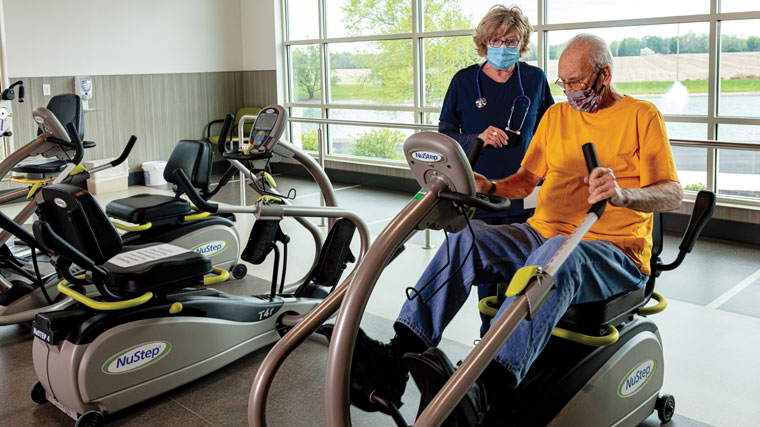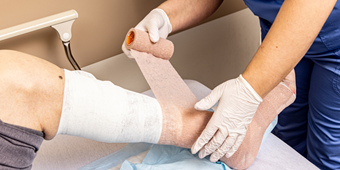Heart Attack: A Life-Altering Experience For Most Patients

Find Your Perfect Match
Answer a few questions and we'll provide you with a list of primary care providers that best fit your needs.
A heart attack can bring a lot of things into focus – such as your lifestyle and mortality.
Heart disease is the leading cause of death in men and women. But every year tens of thousands of Americans survive this often frightening and confusing event, the American Heart Association says. And most return to normal life and enjoy many more productive years.
A heart attack can motivate you to start making drastic changes in your life. For instance, to stop smoking. Or begin to eat healthy and become more physically active. In short, you may be motivated to try to lead a much healthier life than you were used to.
While surviving a heart attack can lead to positive changes, it may also introduce new challenges. Heart attack survivors are prone to depression, having to grapple with a new diagnosis and issues such as time off of work. You could also experience anxiety over discomfort in your chest that may have nothing to do with your heart.
After a heart attack, you could have a heightened sense of feeling below your chin and above your waist. This discomfort in your chest, could be caused by something other than your heart such as your stomach or esophagus.”
Transitioning Back To Everyday Living
The following steps can help return to a normal life after a heart attack while helping reduce your risk of another heart attack:
- Be compliant. Most likely your cardiologist has ordered medication to help address the issues that may have increased your risk for a heart attack or to aid the effectiveness of a procedure performed at the time of your attack. These medications can serve you as a lifeline to ensure future health. Take them as directed and for as long as they are prescribed. If affordability is an obstacle, talk to your doctor, who may be able to direct you to patient assistance programs.
- See your doctor. After a heart attack, your health should be monitored for the rest of your life. How frequent your physician will want to see you may vary on your progress, but keeping those appointments is critical. The regular monitoring – which can vary from once to twice a year with a cardiologist – helps you adjust to medications, evaluate their effectiveness, and easy any feelings of anxiety you may have.
- Go to rehab. Don’t look at cardiac rehabilitation as a chore to check off a list, but an effective tool to strengthen your heart in a safe environment. Rehab is not only good for physical health, but also mental. You’ll likely be surrounded by individuals who share your story and understand your struggles.
- Modify your life. Discuss with your doctor what can be modified in your life to reduce your risk for another heart attack. Stop smoking, lower your blood pressure and cholesterol, and get physically active. You can’t change the fact that heart disease runs in your family, but you can play a role in how it will affect your life.
- Don’t dwell on the past. Maybe you didn’t lead a healthy life before your heart attack. But now you have an opportunity for a new healthy beginning.
Find Your Perfect Match
Answer a few questions and we'll provide you with a list of primary care providers that best fit your needs.
Source: American Heart Association




